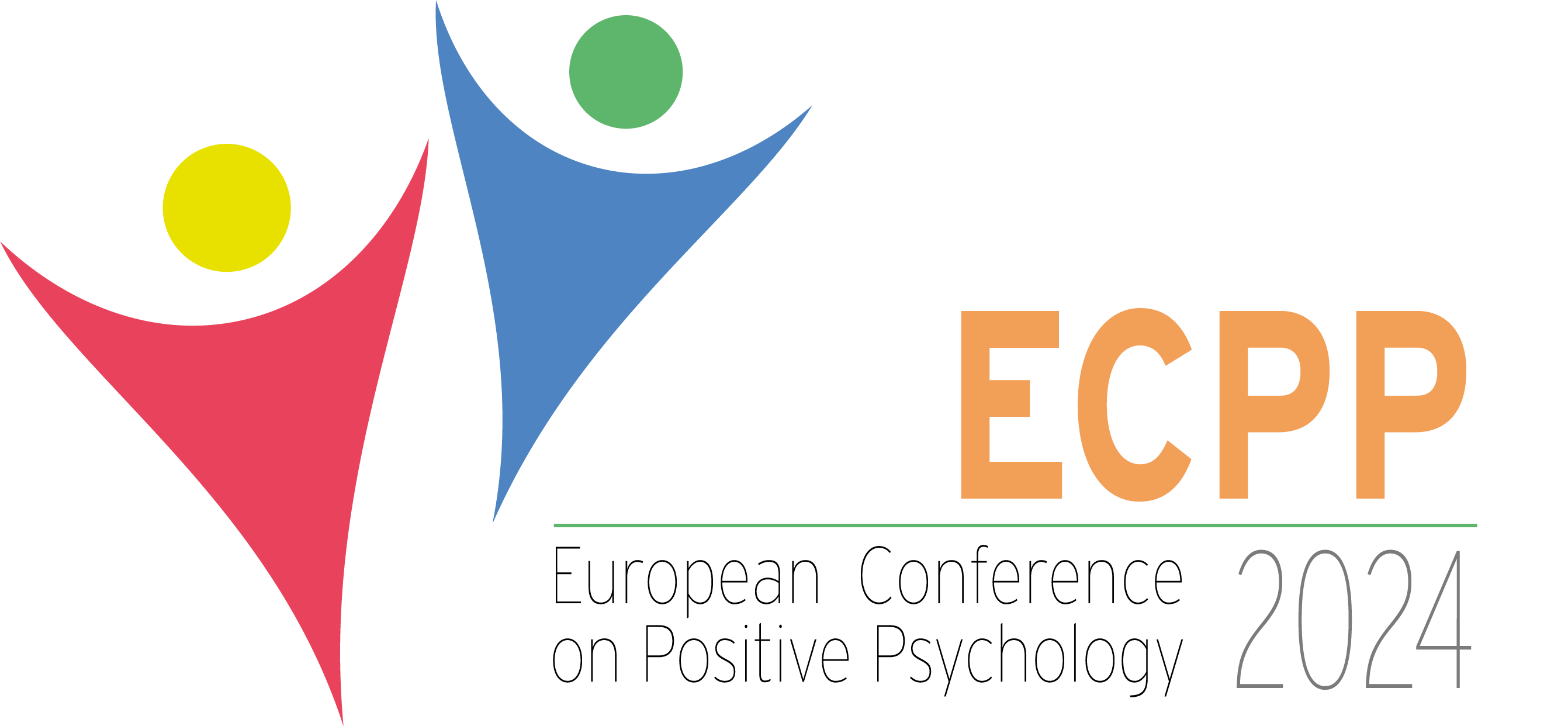Maysa Akbar
Pathways to Reconciliation: The Role of Apology in Addressing Systemic Racism
Abstract
Our presentation aims to bridge the gap between research and practice, emphasizing the importance of policies and practices that promote the well-being of communities and populations and highlighting the role of resilience in achieving flourishing at both individual and societal levels. The proposed presentation will illuminate a critical aspect of our collective well-being—addressing systemic racism. Furthermore, we will discuss the process of the American Psychological Association's apology concerning systemic racism and its implications for advancing societal well-being. We will use the process of the American Psychological Association's apology to highlight the significance of acknowledging historical injustices, systemic discrimination, and the imperative role of apology in the journey toward reconciliation and restitution for the benefit of humanity.
Our keynote presentation aims to inspire dialogue, reflection, and action among conference attendees. By addressing the pressing issue of systemic racism and showcasing the power of apology in the pursuit of reconciliation, we hope to contribute to the overarching theme of flourishing together. We invite attendees to engage in a meaningful dialogue on these topics and explore how we can collectively advance the well-being of individuals and society as a whole, fostering resilience and a more inclusive and equitable world for all. We look forward to the opportunity to engage with fellow researchers, practitioners, and advocates at the 11th European Conference on Positive Psychology as we collectively explore the interconnectedness of human life and the ways in which positive psychology can guide us toward a brighter, more equitable future.
About Maysa Akbar
Maysa Akbar is a respected scientist-practitioner and APA’s Chief Diversity Officer and Chief of Psychology in the Public Interest. She is charged with infusing equity, diversity, and inclusion (EDI) into the fabric of the association’s work. As the leading architect of APA’s evolving EDI framework, Dr. Akbar works with APA staff, leaders, and members to refine and build consensus for an overall plan, operationalize its goals and establish metrics to monitor and ensure progress. The CDO also serves as a spokesperson and advocate for EDI in the field of psychology, both within and outside the association. Before assuming the CDO post, she was the founder and chief executive officer of a clinical practice based in New Haven, Connecticut, which specialized in race-based trauma. She created a consulting firm and educational network focused on organizational cultural transformation. Her firm delivered cutting-edge programs anchored in EDI to city governments, public schools and, court systems, among other entities. Dr. Akbar’s areas of specialty include racial identity development, racism, urban trauma and, allyship, topics on which she has authored research articles, books, and book chapters. Dr. Akbar is an experienced instructor and master trainer in EDI for both the medical and the broader community.

